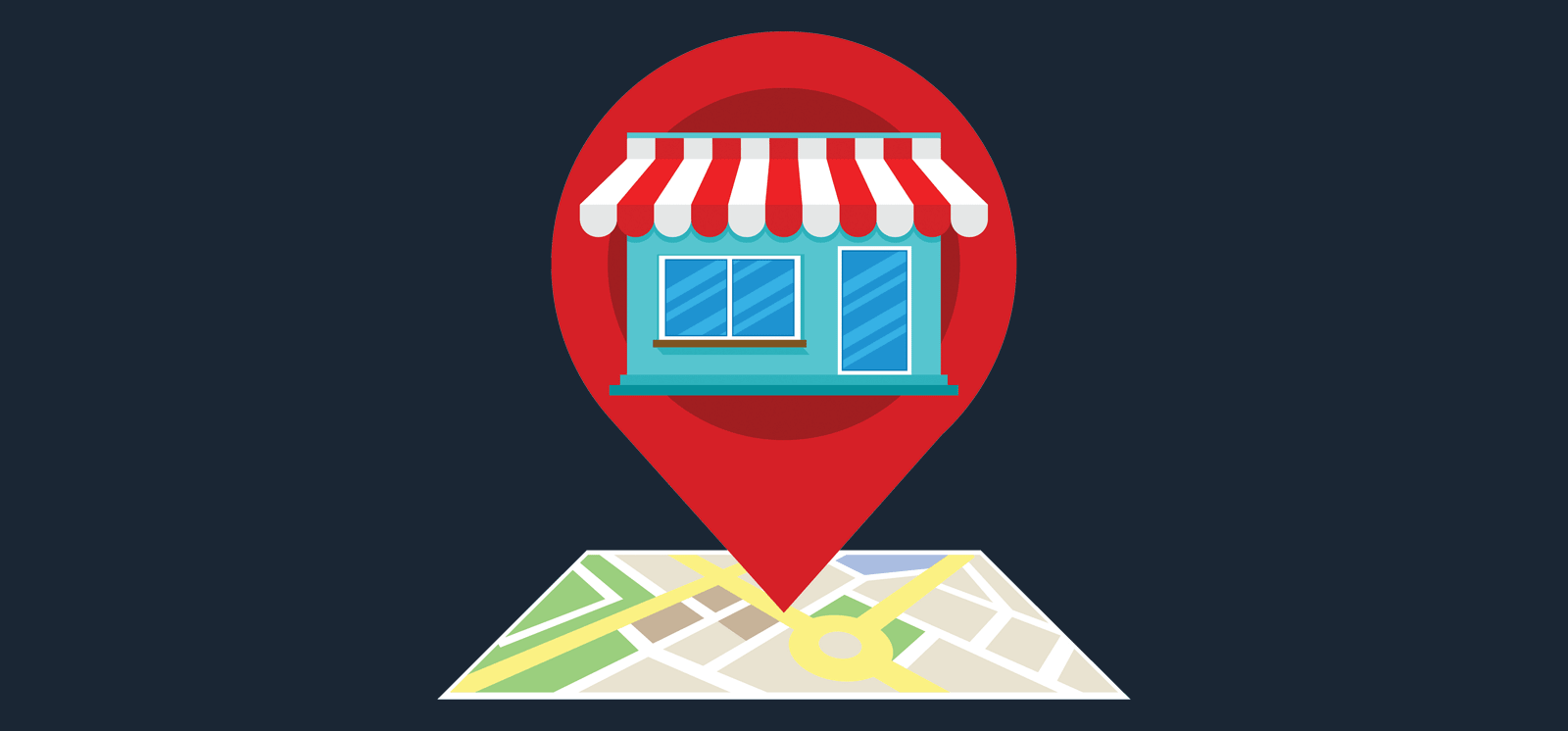
Why Is Search Engine Optimization Important?
81% of shoppers now conduct online research before buying.
When users enter a query into Google and other search engines they trust that those search engines will deliver the most relevant and useful information first. For this reason, as much as 33% of people click on the web page ranked number one when performing a search with the percentage going down from there, the far majority being attributed to the top three spots.
If you’re not ranking on the first page of search engines (Google is by far the largest) your website is essentially irrelevant when it comes to people searching online. A search engine optimization service like ours helps you become and stay relevant.
What is Search Engine Optimization?
Search Engine Optimization (aka SEO) is the optimization of a website and the pages within that website to be easily found and crawled by search engines and the improvement of the user experience of said website and web pages.
The purpose of a search engine is to index and organize the web in order to deliver the best answers to users search queries.
Search engines rank web pages based on hundreds of ranking factors some of which carry much more weight than others in search engine algorithms.
Search engines use bots to crawl the code of every accessible website on the internet and then use algorithms to decipher what information the website is providing and the quality of the information being provided.
Search engine companies like Google then store all of this information on servers around the world to make the information instantaneously available when someone performs a search.
How Does Websauce Help Your Website Rank Higher?
Because of the large percentage of people who rely on search engines to find solutions to their questions, ranking on the first page has become incredibly competitive.
Think about it.
As an organization, you’re competing with every other organization relative to your category of product, service, or information being provided. As a local business that means you’re competing with every other local business and often with many national brands.
For example, if someone searches “pest control company in Sacramento”, you’d be competing with not only other local pest control companies, but also the larger regional and national brands such as Terminix, Clarks, and others. Those companies have millions of dollars to spend on marketing and you bet they’re competing for that number one spot.
As a national brand, your competition is even greater.
As we shared earlier there are hundreds of ranking factors search engines take into account when deciding how your website is going to rank. As an agency, it is our job to understand where your dollars and our time are best spent so we have the greatest impact on increasing your rankings.
Depending on your budget and the level of competition we choose what to focus on and then watch your rankings change based on the implementation of our strategies.
As your rankings change we analyze what’s working, how well it’s working, and keep an eye on the competition to see if they’re implementing any strategies we can mimic.
We also report back to you to keep you informed of the work being done and the results of that work.
Key Search Engine Ranking Factors
Some ranking factors are far more important than others, but no one ranking factor will have you ranking high.
Some ranking factors are easy to tackle but can be highly effective in laying the proper groundwork for your SEO success, and depending on the competition, a proper implementation of these SEO strategies alone could have you ranking on the first page. When this is the case it often means you’re a local business. If that’s you, you may check out our page on local SEO.
Below are some of the main SEO considerations we often focus on which we’ve organized into on-site SEO and off-site SEO.
On-Site Ranking Factors
The beauty of on-site SEO is that it is within your control. You can change anything on your own website as you please. This is important and great news for you because certain on-site SEO factors are some of the most important that Google and other search engines take into consideration.
Content Is King
You may have heard the term “content is king” before, but what does that mean exactly?
The answer is multifaceted but at its core, it means that search engines rank web pages in large part based on the quality of their content. Things like word count, using pictures and videos, bullet point lists, bold lettering, and an overall nicely organized structure to your content all play into a search engine’s consideration.
Additionally, search engines will try to understand how satisfied users are with your content based on their interaction with it when they land on the page. If a user goes to the web page and within a few seconds leaves, that tells Google that the user had a poor experience or probably didn’t find the answer they were looking. This serves as an indicator that this web page should not rank high for the phrase (also known as keywords) they looked up.
If the opposite happens and the user stays on the page for a longer amount of time or goes to others page on the website before leaving that tells Google that the user likely had a good experience and found what they were looking for thereby indicating that they should rank higher for the keywords.
Also as a byproduct of high-quality content, you raise the chances of your web page being linked to by other websites. Being linked to by other high-quality websites is currently the greatest factor Google takes into consideration when ranking web pages. This is an off-site factor we’ll dive deeper into further down this page.
Technical SEO
In order for a search engine to rank you, it first must be able to read the content provided on your website.
Search engines have specific types of code and a certain organization to the code which make it easier for their bots to understand the information provided on your website. There are specific best practices which enable a bot to quickly and accurately understand what your website is about.
When a bot looks at your website it doesn’t see what we see. For example, a bot can’t see an image and know what it is. It can, however, understand what the image is if we give the image a description.
A bot reads a web page from top to bottom and assumes that the most pertinent information is at the top. However, it also relies on us to label content in a way that communicates the organization and structure of the content. For example, one of the first things a bot looks for is known as the H1 header tag. This header tag tells the bot what the main focus of the web page is and is crucial to ranking for your targeted keywords.
Mobile Friendly
More and more people are using their smartphones and other mobile devices to conduct searches. Google has recognized this and ranks sites which are not mobile friendly lower. In the same way that the desktop version of the site must provide a good user experience, so too must the mobile version.
If your website isn’t optimized to work on mobile devices then users will grow annoyed and impatient and leave quickly, resulting in poor experience signals being sent to Google and other search engines. Google has even gone so far as to penalize non-mobile friendly sites by ranking them lower than sites that are mobile friendly.
We have clients who have 50% or more of their website users coming from mobile devices, and in these cases, we pay special attention to customizing the interface so that the experience is seamless and intuitive. All websites and apps that we build are made with a responsive design, meaning the website automatically responds to the size of the device being used to visit the website.
Build With Your Customers In Mind
On-site SEO is the first step to building a strong search engine presence. The main focus to keep in mind is providing high-quality information to your targeted website visitors. This means putting yourself in their shoes and asking, “What information is going to be most helpful to them when looking for what we offer?”
As an agency, this is always the first step we take before building a new website or improving the website content. We take our clients through a 2-3 hour discovery process which helps bring clarity to what will bring the customer the most value.
Off-Site Ranking Factors
Now that you’ve laid the foundation for SEO success, the next step is to look at factors a bit more out of your control, but no less important. The off-site SEO factors range from low hanging fruit such as setting up a Google My Business page to link building.
We know that search engines use your content to understand how relevant your content is to a given search query, but the other piece of the puzzle is how authoritative or trustworthy your website is.
Link Building
Google determines the authority of your site by taking votes in the form of links. When another website links to yours they’re saying, “I trust this website enough to vouch for them and send my users to them.” Google considers these votes a signal of trust and studies have shown that Google weighs these most heavily when considering how to rank websites.
Not all votes are treated equally though. The types of links that are most valuable come from websites that have higher authority (many links pointing to them), industry related websites, and if you’re a local business, links from other local organizations are weighed more heavily.
Link building is the hardest form of search engine optimization and takes the most amount of work, but like most things in life hard work pays off and you get to reap the greatest amount of reward from it.
Getting links from other websites can come from already established relationships with your customers or vendors or new relationships through outreach. At Websauce we use multiple strategies to generate links for ourselves and our clients.
Reputation Management
85% of consumers trust online reviews as much as they trust a friend’s suggestion meaning reviews are worth their weight in gold. If a consumer is researching services or products you provide and they find no reviews, they quickly assume no one uses it. Even worse, if they see poor reviews they assume you provide a low-quality product or service.
Often we’ve found this not to be the case, but because clients are afraid of receiving bad reviews they go on the defense by not playing the review game at all when they should be going on the offense and asking their happy customers to leave reviews.
Search engines make similar assumptions when they find reviews of your business. If you have no reviews they don’t have much to work with and if your competitors have positive reviews then they take this into consideration when deciding which of you to rank higher. This also works in the opposite. If you have bad reviews search engines will rank you lower.
At Websauce we have software that enables us to reach out to your customers and route bad reviews into feedback that goes directly back to you and guides happy customers to leave good reviews on a review website of your choice. This eliminates business owners’ biggest fear of receiving bad reviews when they ask for them.
Social Media
Social media has exploded since 2007 and shows no signs of slowing down.
At Websauce we theorize that eventually, search engines will begin to take into consideration your friends’ online activity and preferences, identify who the influencers in your social circle are and take this into consideration when showing you search engine results.
(Update: We were right.)
Currently, Google does not take social media signals into account as a ranking factor.
Google does, however, take your website traffic into consideration, so if you’re able to send traffic from your social media channels to your website, Google will see your website is popular and rank it
Blackhat SEO
The worst strategy you can take with your SEO is known as blackhat SEO. This strategy bends and breaks the rules and guidelines search engines lay out and eventually results in being penalized. Sometimes these penalties come in the form of being taken off of search engines altogether. Google is known to kick websites off of their rankings for years for those who take this strategy too far.
Realize that SEO best practices can result in short term gain (think weeks or months), but are truly rewarded in the long term (think years). And this is as it should be. Ranking on the first page and in the top three spots generates billions of dollars in business every year, so of course it’s hard and of course it requires an investment of time and effort.
There is massive ROI for those who rank up there. The beauty is you’re not renting space like you would be with pay-per-click advertising. When you provide the best value to users the return is a free spot at the top. You never pay to rank!
We’ve only scratched the surface of search engine optimization in this writing. SEO is complex and competitive. At Websauce we understand the ranking factors and know how to prioritize your money and our time so you get the most value out of the work we do for you.

